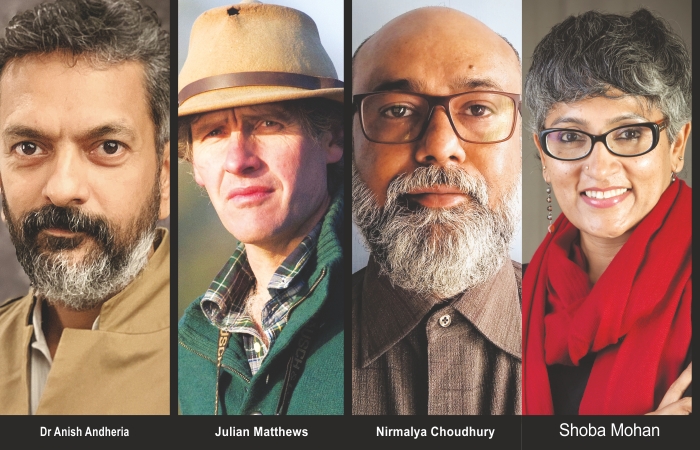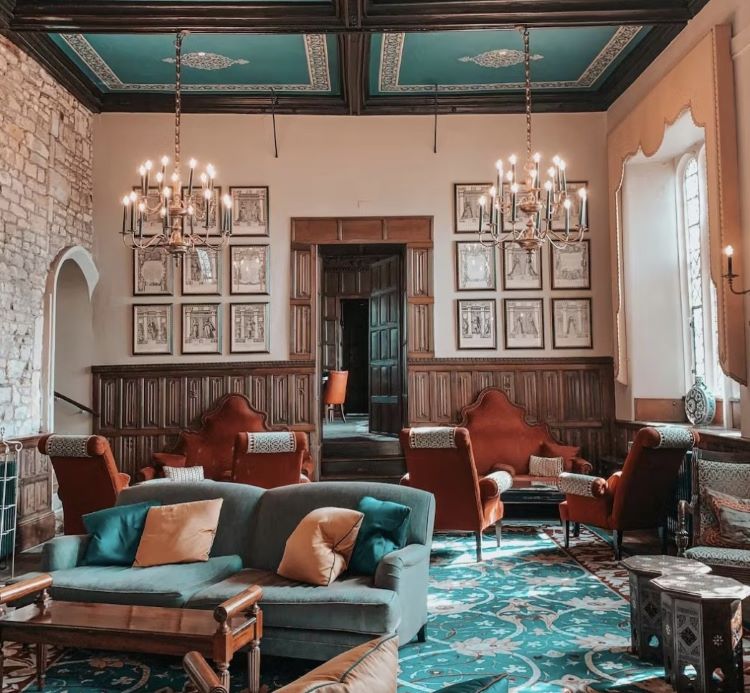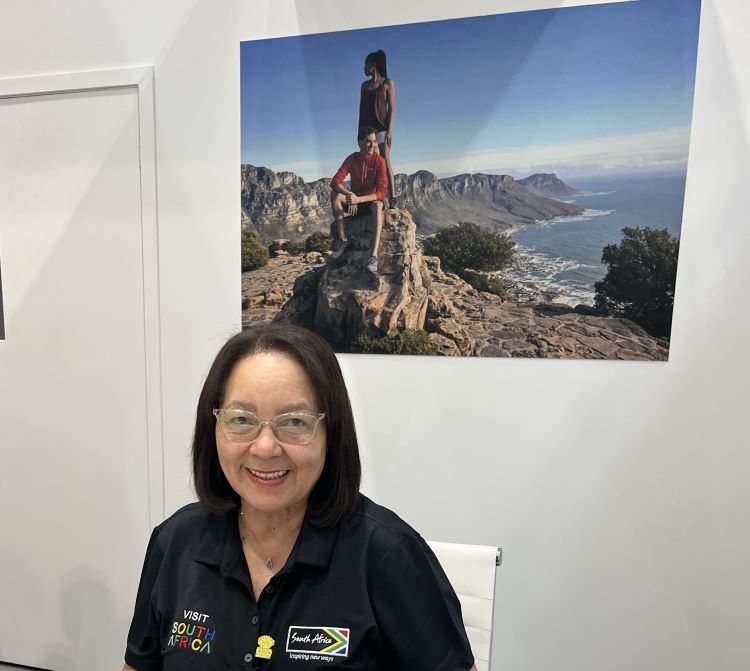Fewer people in remote areas make wildlife tourism the perfect safety bubble for travellers during the pandemic. And, with travellers being more environmentally conscious than ever, wildlife tourism has the potential to be an ideal option. With wide and open spaces, it might be the perfect choice to stay away from crowds.
Hazel Jain
Move over staycations and workations. Jungle safaris are the new go-to holidays during the pandemic. Whether it is at a driving distance or just a flight away, travel agents and tour operators in India must relook the appeal of wildlife tourism for their clients and make a niche for themselves.
Dr Anish Andheria, President and CEO, Wildlife Conservation Trust (WCT), who works a lot with various national parks, feels that the role of the travel agents in the wildlife sector is slowly reducing because everything is now online. “But because the systems are not fool proof, agents will do well here. I’d say wildlife is a good field for them to focus on right now because it will get fewer people and is out in nature. Also, agents must be part of a network of hotels that are truly eco-friendly so they can do their bit for the environment,” he says.
According to his research, parks in Madhya Pradesh, Kerala, Maharashtra and Assam have picked up very well and they are going full right now because they are well-protected and wildlife is visible. “These parks are maintaining a basic level of health and safety protocols on ground like masks, but it’s difficult for the drivers and rangers to wear masks for four hours on the vehicles. I’m not sure if vehicles are being sanitised after every trip. Parks are not checking negative COVID certificates either, but it is being checked at hotels. Earlier, Maharashtra had limited it to four people per vehicle and refused senior citizens, but that impacted visitor footfalls. However, none of the parks have had any incidents so far of infection. But, COVID protocols do need to be followed stringently,” Andheria adds.
Another wildlife conservationist, Julian Matthews, Founder and Chairman, TOFTigers, says there has never been a better time to travel to see the extraordinary biodiversity wealth of India than now. “It’s outdoors, it’s COVID-proof, it gets the children excited, it’s adventurous and it’s a fabulous recharge and education for the family. Further, responsible tourism is critical to saving wildlife and using TOFTigers eco-certified lodges provides you with better experiences while ensuring clients leave the wildlife destination in better shape than before. The park authorities have introduced a range of COVID protocols to keep visitors safe, and the TOFTigers lodging communities have also introduced countless measures,” he says.
Wide open spaces
In a world yet to fully recover from the pandemic, the value for destinations with wide-open natural spaces away from bustling crowds, and travel and accommodation facilities with a more environmentally conscious approach are proving to be more appealing for travellers. Nirmalya Choudhury, Executive Director (Operations), JTI Group and Chapter Chairman, North East States, IATO, says that wildlife tourism is becoming a more attractive option for a lot more travellers in these unique times. “Wildlife destinations are some of the safest places to visit. The only challenge is to ensure that all and not just a few famous wildlife parks receive visitors. Most national parks are doing a good job in ensuring visitors are aware of their safety measures and that the protocols are followed on the ground. We in the Northeast are experiencing good demand so far and a steady increase in the number of visitors from other regions of India as well. But to a large extent, this demand has been restricted to the more well-known of wildlife destinations in our region. We hope visitors will also start exploring the numerous lesser-known but equally enriching wildlife parks of our region,” he adds. JTI Group specialises in wildlife tours and operates many jungle lodges.
A safety bubble
With travellers prioritising their health and safety now, this kind of travel makes perfect sense. Indophile and an expert on sustainable travel, Shoba Mohan is the Founder Partner of RARE India. She feels that it is time Indian travellers who have been travelling around the world for wildlife appreciate the beauty of our own natural heritage and understand the challenges. “Besides, since these destinations are remote, provide smaller places of accommodation and tough to connect to, they provide relatively safer bubbles
during the pandemic. They are also a great opportunity for Indian travellers to participate in conservation initiatives, and introduce the forests to the younger generation,” she adds. Mohan is seeing good demand for wildlife lodges, but most of the traffic is from feeder markets. “For example, Dudhwa has more queries from Kanpur and Lucknow, while Tadoba and Pench have much of their traffic from Nagpur. The good news is that a small number of travellers are becoming adventurous and making long road journeys. The wildlife lodges we promote are punctilious about health & safety protocols,” she says.
 TravTalk India Online Magazine
TravTalk India Online Magazine





